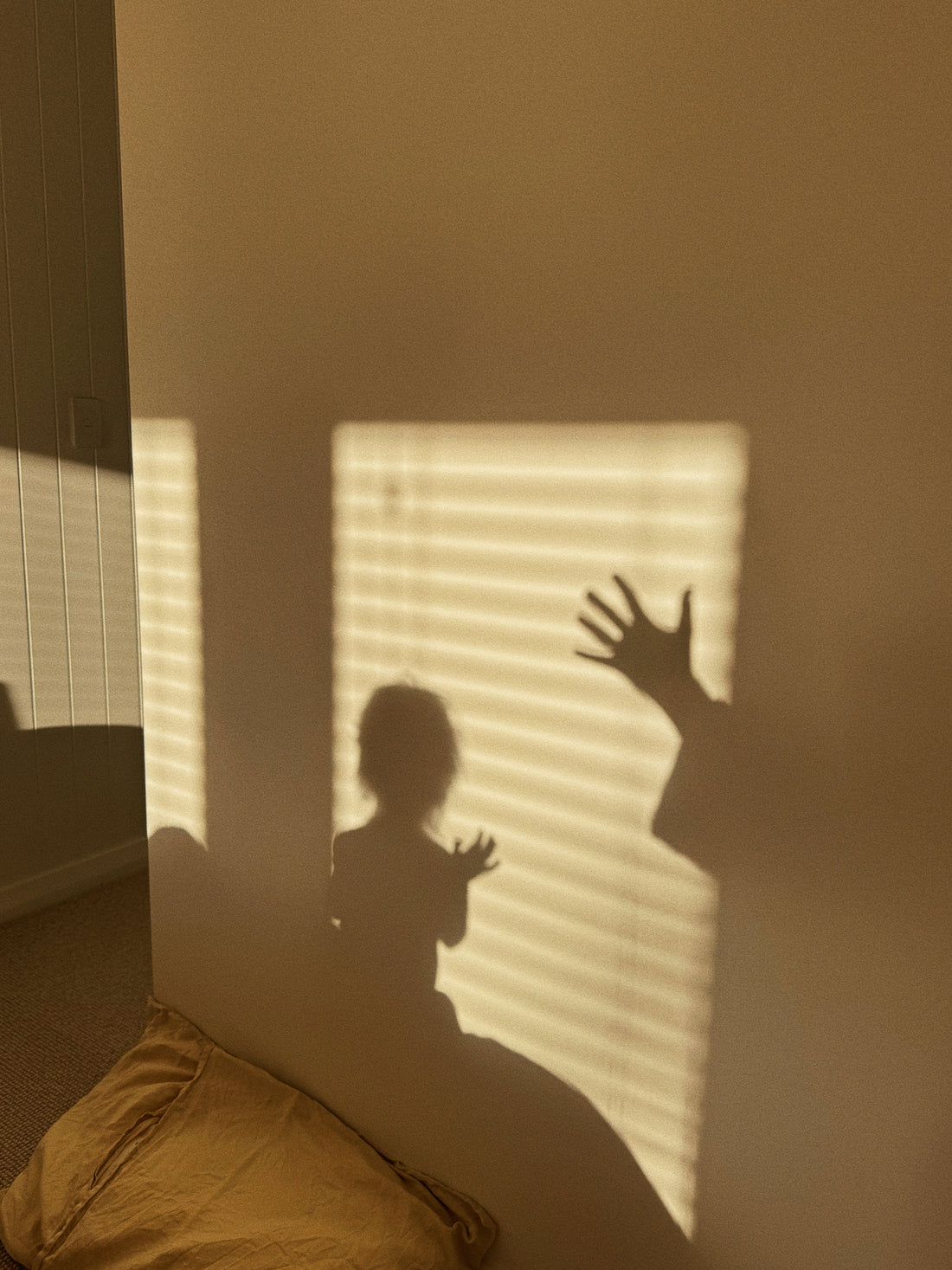
Why Screen-Free Play Still Matters (Especially for Young Kids)
Share
The case for hands-on learning, creative play, and games without screens
Let’s be real—screens are everywhere. Tablets in classrooms, phones at the dinner table, TVs running in the background. It’s easy to assume that more screen time means more learning. But when it comes to early childhood education, that’s not always the case.
Screen-free play—yep, the kind that involves crayons, card games, and using your hands—still plays a huge role in how kids grow, learn, and connect with the world. Whether you're a parent, teacher, or just someone who cares about raising curious little humans, here’s why educational games without screens and hands-on learning tools are still so important.
1. Hands-on learning helps young brains grow stronger
When kids build something, color freely, or match shapes and symbols, they’re doing more than having fun—they’re building real brain power.
Screen-free activities encourage kids to solve problems, explore ideas, and think creatively—all without relying on preloaded content or fast-moving visuals.
Quick idea: Try a matching card game that introduces different cultures or themes—it’s fun and sneakily educational.
2. It improves motor skills (without feeling like work)
Flipping a card. Holding a marker. Stacking blocks. All those little actions help build fine motor skills and hand-eye coordination.
These everyday movements matter—and they’re a big deal when it comes to writing, focusing, and even tying shoelaces later on.
3. Screen-free activities spark real creativity
Unlike apps that tell kids what to do, screen-free play lets them make the rules. A blank page becomes a spaceship. A set of cards turns into a made-up game. That kind of open-ended play inspires kids to use their imagination, try new things, and feel proud of what they create.
Tip: Set up a creative corner with coloring books, card games, and other unplugged options. Let them take the lead.
4. Kids learn how to actually connect
A lot of educational games without screens are naturally social. Whether it’s playing together, taking turns, or talking about what they’re creating, kids get to practice real-life communication and problem-solving skills. It’s not just about the game—it’s about the way they learn to express themselves through it.
5. It helps them slow down and focus
Screens can be fast, loud, and a little overstimulating. On the other hand, screen-free activities give kids a chance to slow down, be present, and stay engaged. Whether they’re coloring for 10 minutes or learning through matching, it’s a simple way to encourage mindfulness—without needing a meditation app.
Screen-free play is still a game-changer.
When we talk about early learning, hands-on learning tools and screen-free activities offer something special. They help kids feel more confident, connected, and curious, and that’s what learning should be about.
Want some screen-free fun that teaches, too?
At Inner Creatives, we create learning tools designed for young minds—with a focus on creativity, culture, and connection. Our Journey Across Cultures matching game is screen-free, beautifully designed, and perfect for classrooms, playrooms, or anywhere kids explore the world around them.
